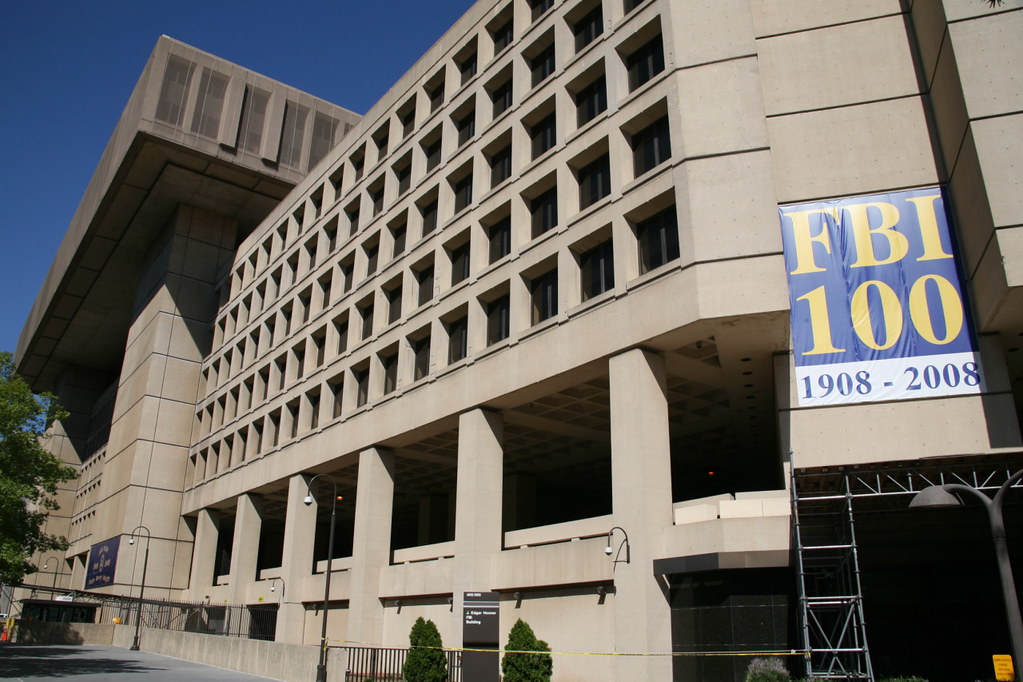
The director of the Federal Bureau of Investigations (FBI) has joined a chorus of voices urging Congress to take steps to maintain or expand the counter-drone capacities of US security authorities, backing up his urging with revelations of the agency’s ongoing investigations into UAVs being equipped to transport homemade bombs.
FBI director Christopher Wray made the disclosure during testimony before the Senate Homeland Security Committee Thursday, adding ballast to calls by a variety of actors to muscle up counter-drone laws to match the threats that the rising number of UAVs in use pose.
Wray gave no details on the investigations underway into pilots in the US seeking to deploy the craft with improvised explosive devices (IED) aboard. But given the well-publicized effectiveness of the consumer vehicle in the Ukraine war, it’s unlikely his congressional audience failed to register the potential dangers such use would pose.
“As the threat continues to grow, we are investigating, even as we speak, several instances within the US of attempts to weaponize drones with homemade IEDs,” Wray said, adding observations that anyone even casually following events in Ukraine would appreciate. “These are extraordinarily sophisticated tools… in terms of their visibility, the speed with which they can move, the distance with which they can move, and also the loads that they can carry… We must be able to counter (them).”
Wray added that weaponization of UAVs was far from the only dangerous drone deployment the FBI was investigating.
Topping the list, he said are “hundreds of drones that have been acting in violation of federal law” by flying in prohibited airspaces, including areas surrounding airports and major outdoor events.
Read: NFL voices drone fears as counter-UAV legislation nears expiration
Given the numbers of craft involved – and injury to people by even an accidental crash over a crowd – Wray urged his Congressional audience to again extend existing counter-drone measures that were prolonged to December 16 when its original October expiration date loomed.
“It’s important for Americans to understand if that authority is not reauthorized next month, that public gatherings like the Super Bowl in Arizona, like New Year’s Eve in Times Square, like Formula One in Las Vegas, and I could go on, none of those things will have protection from this threat,” Wray said.
The FBI director’s urgings echoed those previously voiced by the National Football League, Major League Baseball, NCAA, and NASCAR, which lobbied for the enlargement of counter-drone capacities to keep pace with the rising number of UAVs in the skies – and potential threats those pose.
Earlier this year the White House tabled a set of measures calling to reinforce capacities to deal with UAV intrusions and threats, and expand authorization of their use to federal, state, and local authorities.
Read more: White House seeks to enlarge actors authorized to track and zap suspect drones
Those powers are now limited to the Department of Homeland Security and Department of Justice under the Homeland Security Act of 2002, and its 2018 enlargement. In addition to the White House plan, an equally ambitious Senate bill and more circumscribed House package are currently stalled in Congress – and unlikely to go anywhere during the lame duck session following the recent mid-term elections.
FTC: We use income earning auto affiliate links. More.



Comments